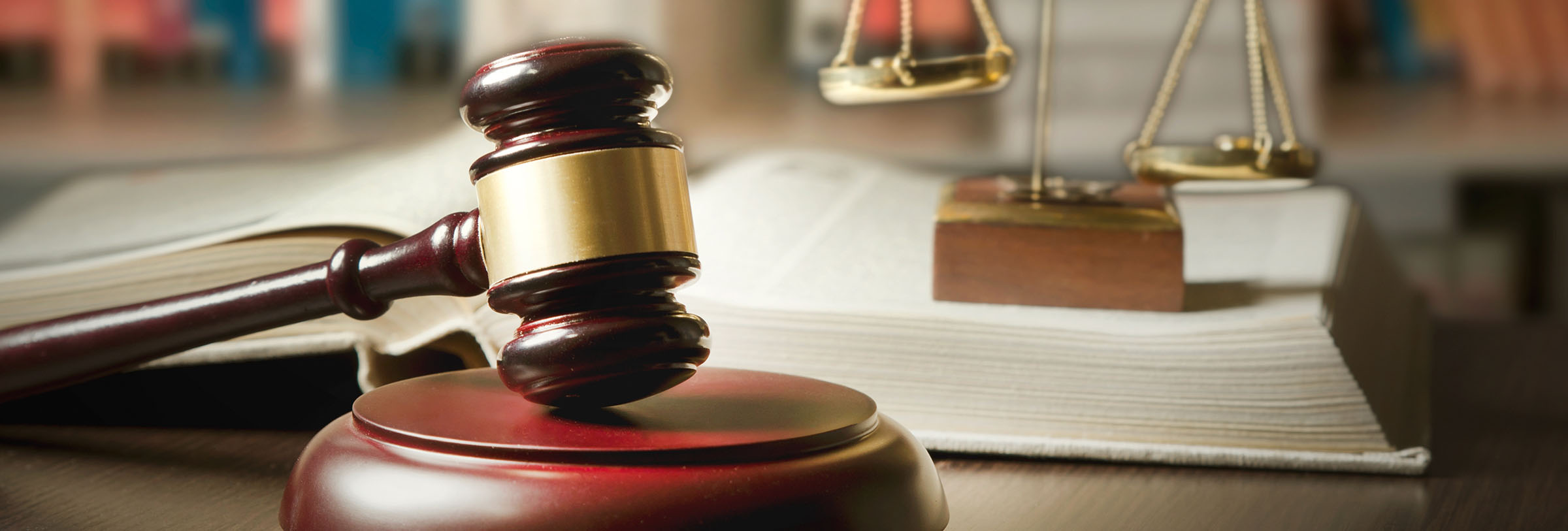DSB successfully obtained a discontinuance with prejudice on a New York state Labor Law claim after filing a Motion for Summary Judgment. Plaintiff, a carpenter, alleges he was injured when improperly secured metal railings fell on him. After numerous depositions, DSB developed the evidence to show that our client did not supervise or direct the work and it did not create the dangerous condition. Using the same rationale, DSB showed that the indemnity clause between our client and the GC/owner was not triggered. The Motion for Summary Judgment was filed pre-Note of Issue. During the pendency of the motion, DSB obtained a discontinuance of all claims.
Author: admin
September 20, 2024
DSB successfully moved for summary judgment on behalf of a commercial tenant in a trip and fall accident. Plaintiff alleged she tripped and fell on an unlevel sidewalk abutting a neighboring property’s ramp. DSB argued under the terms of the applicable lease, the commercial tenant was not required to maintain the area where plaintiff allegedly fell. Arguing as well, under § 7-210 of the New York City Administrative Code, real property that abuts any sidewalk is the duty of the owner and a tenant is not affirmatively charged with a duty to maintain the sidewalk. Furthermore, 911 transcripts obtained demonstrated that Plaintiff’s accident occurred in front of the neighbor’s property. Following oral argument, the Kings County Supreme Court dismissed plaintiff’s complaint and all cross claims asserted against DSB’s client.
September 16, 2024
DSB was successful in moving for summary judgment on behalf of a municipality on Long Island. The Supreme Court, Suffolk County, agreed with DSB that the municipality was entitled to judgment because it neither owned nor maintained the situs of the accident. The Court further noted that it was not a movant’s burden to establish who or what owns or controls the accident location. DSB’s motion was granted and all claims against the municipality were dismissed.
September 4, 2024
DSB was successful in moving for summary judgment to dismiss claims of negligence and reckless disregard against two New York homeowners. DSB established that the homeowners had neither the opportunity nor the ability to control the conduct of plaintiff’s assailant. The Supreme Court, Suffolk County, granted DSB’s motion dismissing all claims against the homeowners.
July 23, 2024
DSB obtained summary judgment in Supreme Court, Suffolk County, on behalf of a local school district. The minor plaintiff was struck by a motor vehicle and suffered injuries after leaving his high school. Plaintiff alleged that the school district’s failure to provide crossing guards and to otherwise supervise the minor plaintiff was a cause of their injuries. DSB argued that the accident occurred off of school grounds and outside of the orbit of its authority. The Supreme Court, Suffolk County, agreed and held that the incident occurred when the minor plaintiff was off school property, after being dismissed from an after-school science fair, and beyond the orbit of the school’s authority, and accordingly, the complaint was dismissed.
June 6, 2024
DSB obtained summary judgment in Supreme Court, Suffolk County, on behalf of a local municipality. The plaintiff slipped and fell at a municipal boat dock. Plaintiff alleged that the sole cause of their injuries was the municipality’s negligence in maintaining the ramp. DSB argued that the municipality did not have prior written notice of the purported defect, that the plaintiff assumed the risk of injury, and that the alleged defect was open and obvious. The Supreme Court, Suffolk County, agreed and held that the municipality had not received prior written notice of the alleged defect therefore it could not be subjected to liability for plaintiff’s injuries, and that the slippery condition of the boat ramp was open and obvious and was a risk inherent in the activity, and accordingly, the complaint was dismissed.
April 1, 2024
DSB obtained summary judgment in Supreme Court, Suffolk County, on behalf of a local municipality. The plaintiff tripped and fell at a fireworks show held in a local park. Plaintiff alleged that the municipality was negligent in not providing proper lighting at the event. DSB argued that the municipality neither owned nor controlled the site of the incident. The Supreme Court, Suffolk County, agreed and held that the municipality was not responsible for any of the conditions at the subject park, and accordingly, the complaint was dismissed.
March 28, 2024
DSB moved into our new offices in Hauppauge, New York, more centrally-located on Long Island. We have beautiful newly-renovated space in a Class A building that suits our needs for many years to come.
January 10, 2024
DSB was successful on a motion to renew a prior summary judgment motion on a Kings County Labor Law case. Plaintiff allegedly fell from an extension ladder while performing exterior façade work at our client’s home. Plaintiff claimed the accident occurred because the extension ladder failed and collapsed. As a result of the accident, plaintiff underwent had an L1-L2 laminectomy, and a T11-L4 posterior fusion with instrumentation. This firm had previously filed a summary judgment motion before depositions, the result of which was a dismissal of the Labor Law section 240 and 241 claims based on the homeowner’s exception. However, based on an affidavit of plaintiff that swore our client owned the ladder, the common law and Labor Law section 200 aspects of the motion were denied. During plaintiff’s deposition, he admitted that he never read the affidavit, which was in English, and that the basis of the affidavit was not his own knowledge. He also admitted at the deposition that there was no indication the ladder would fail before the accident. After the deposition, we filed a motion to renew, which was granted and dismissed the remainder of the claims based on lack of notice of any defect.
December 27, 2023
DSB obtained an Order from the Appellate Division, Second Department, reducing a damages award for past pain and suffering by more than half, from $634,000 to $300,000. The 20-year old Plaintiff had been rear-ended by a bus in a mall parking lot, and claimed that she sustained two cervical disc herniations that significantly limited the range of motion in her neck and caused tingling and spasms in one of her arms. The trial judge declined to disturb the jury’s verdict, but on appeal DSB’s municipal defense team successfully argued that the jury’s award deviated so materially from reasonable compensation that it needed to either be reduced to an amount comparable to what has been awarded in prior cases for similar injuries or remanded for a new trial on damages.





